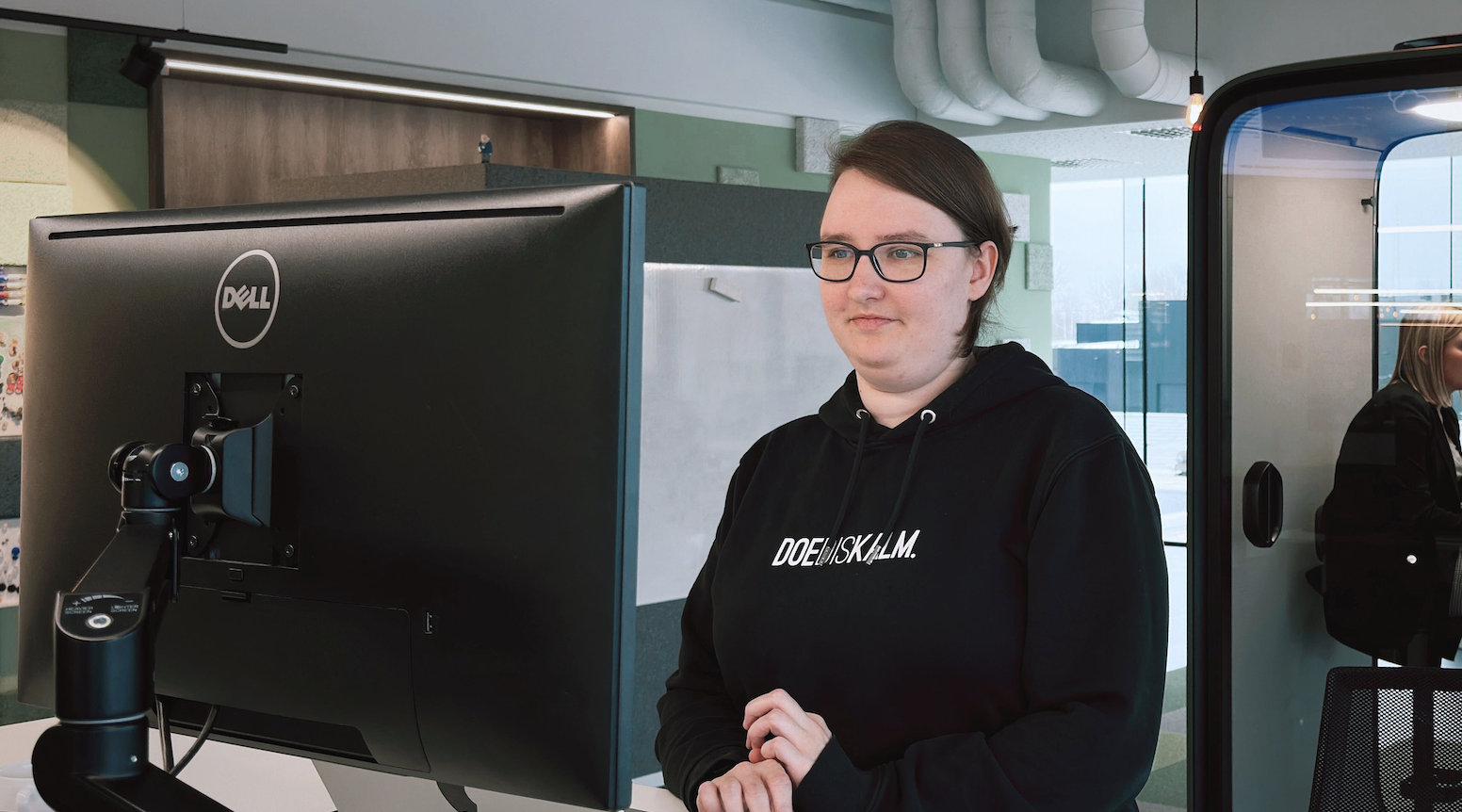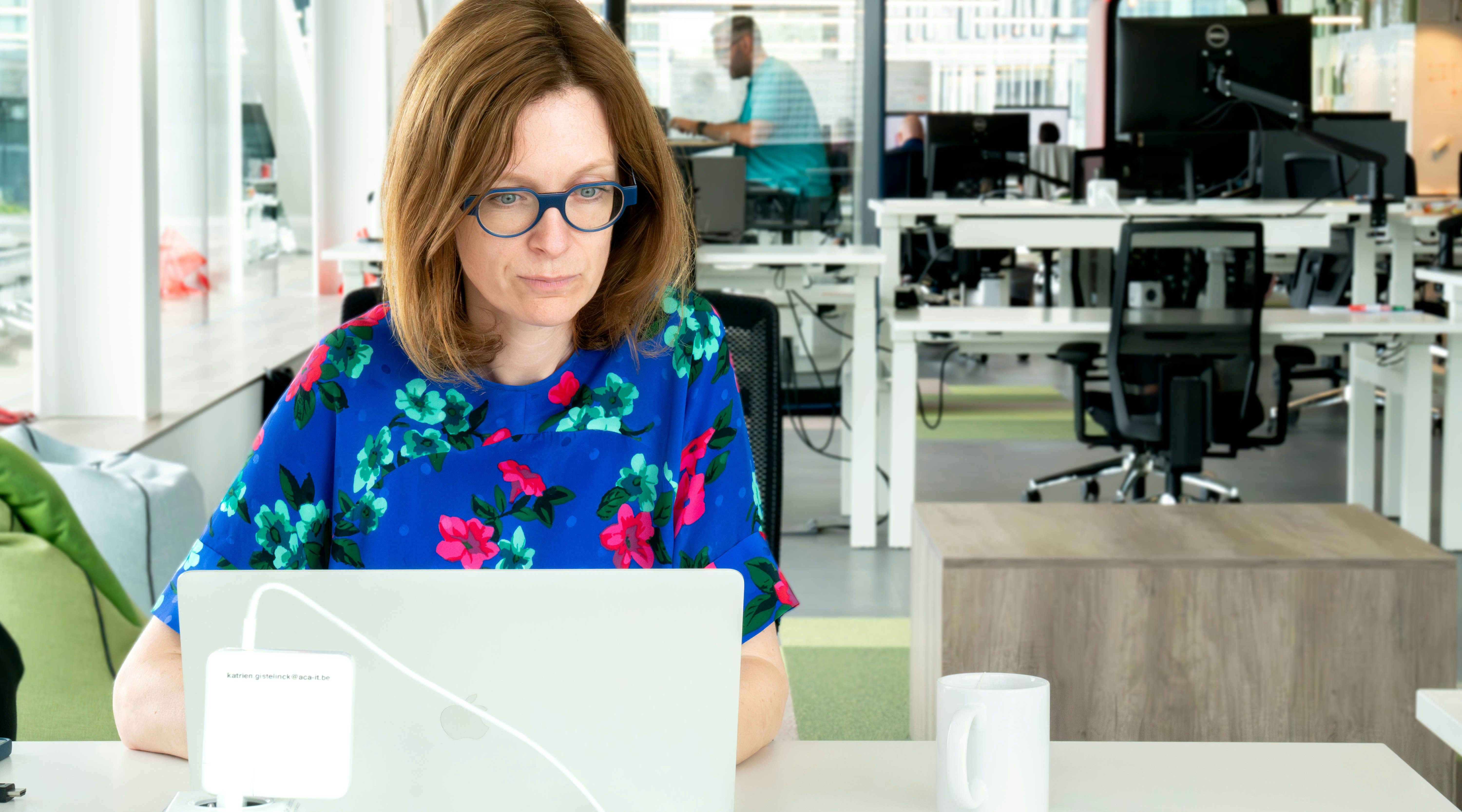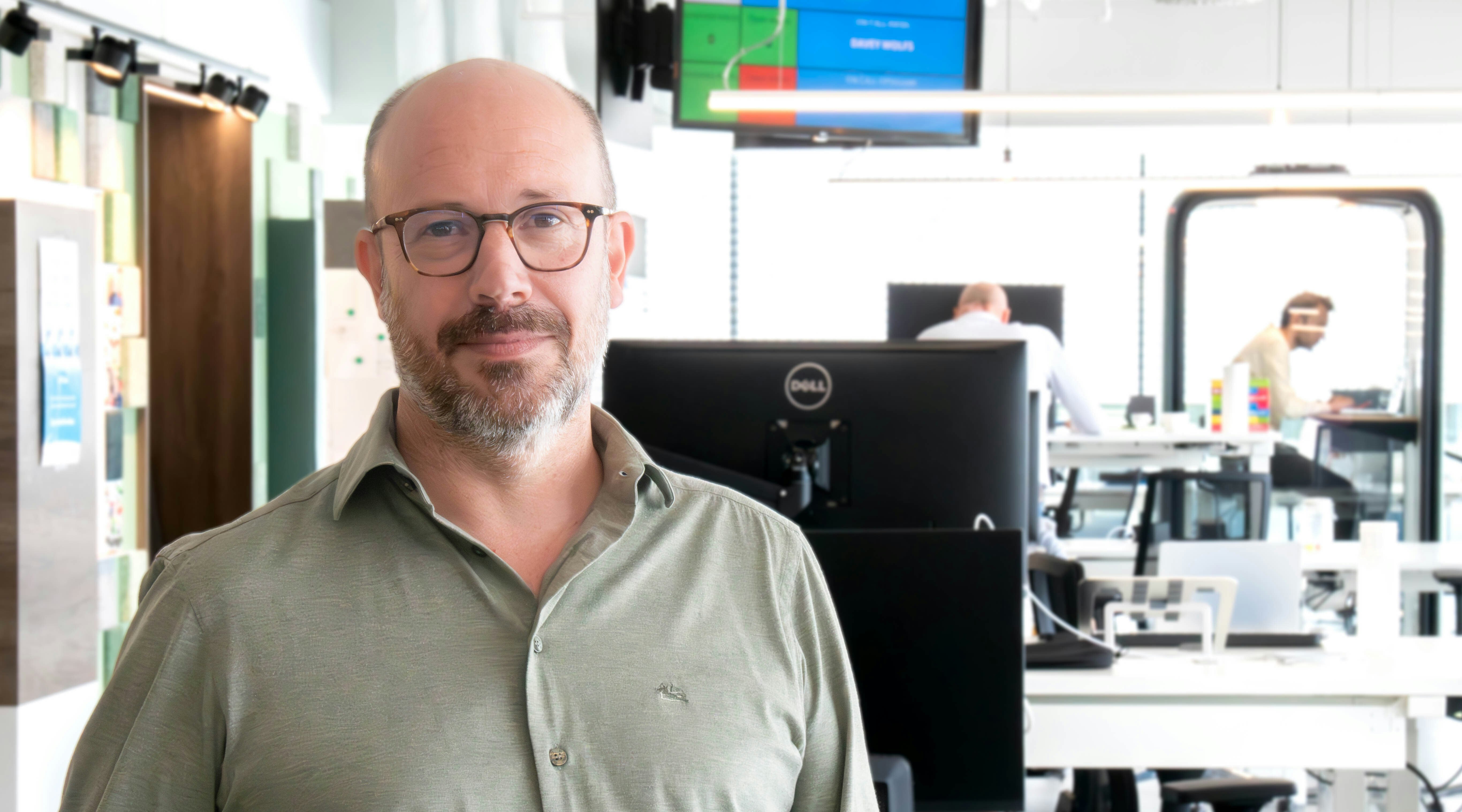
Sustainability Superhero: team member & diver Jannik tells us more about the importance of the ocean
A while ago we introduced you to Bernd, our colleague who does a lot for people, planet and animals. But he is not the only ACA member trying to do his part. In this blogpost, our team member Jannik, who has been part of the ACA family for 10 years now, will share his story. He tells us where his passion for diving comes from, why overfishing is throwing the ecosystem of our oceans out of balance and most importantly, how we can all help keep the oceans, and therefore our planet, healthy.
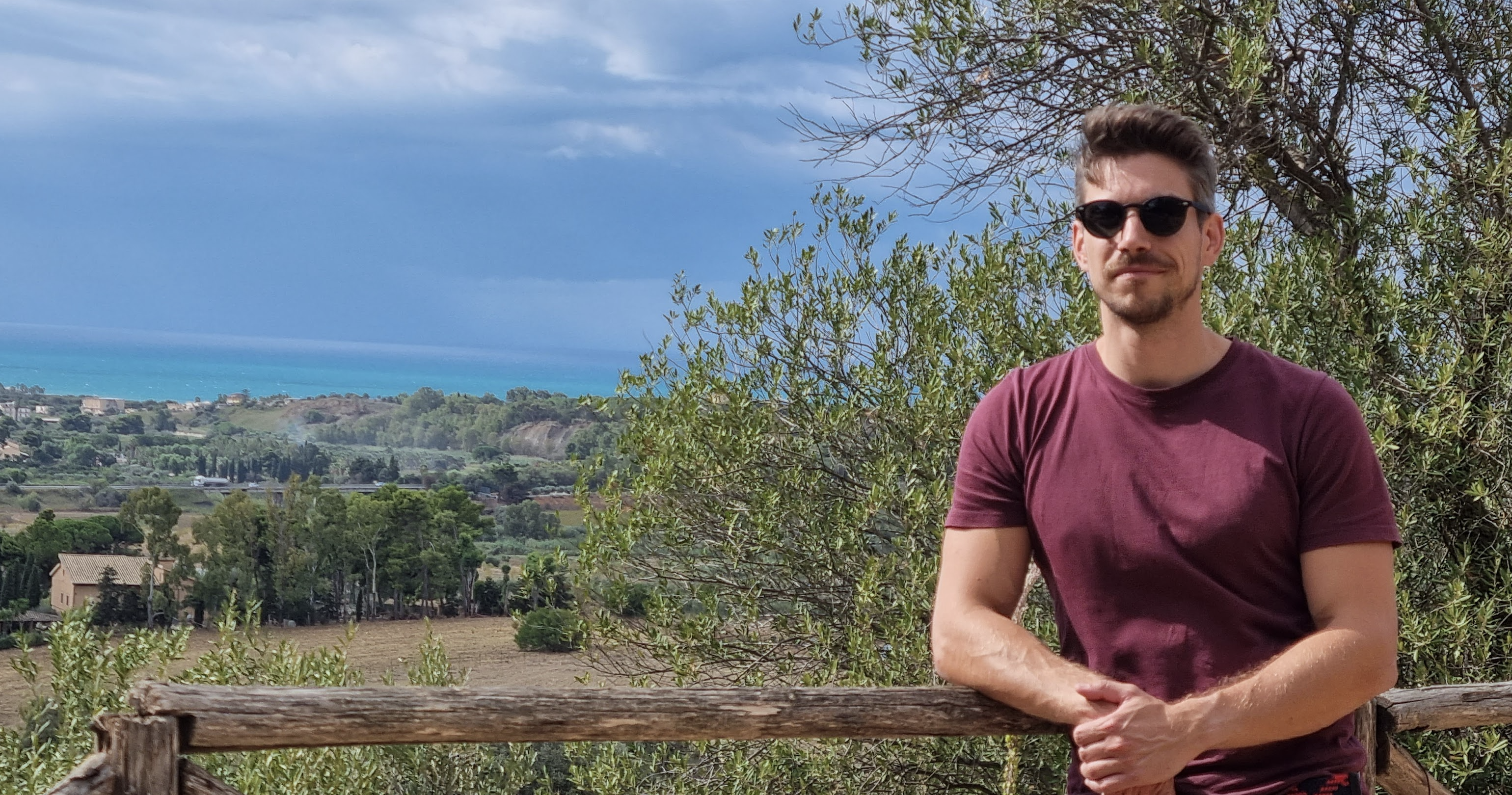
10 years at ACA. Jannik has already experienced a big piece of ACA history. He explains: “My first project was Riscpro at our client IDEWE. After a few months this project came to an end and I made the switch to something completely different: Atlassian consultancy. After a year of installing and configuring JIRA, Confluence and Stash, setting up workflows, … I wanted to get back to some more teamwork.” He went looking for this in our (now old) offices in Oevel and shortly afterwards in Olen as a software developer. In the meantime, you can find him working in our office in Hasselt as well as our new place in Leuven.
His passion: diving and our oceans
But what we mainly want to talk about in this blog post is his other passion: diving and our oceans. “Passion is the right word though! In 2016 I did an eight-week backpacking trip through Thailand and down the east coast of Australia. The idea was to get my diving license in Koh Tao, a tiny island in Thailand with more than 50 diving schools. This island is known as the diving mecca for learning to dive, but at the same time it is also nicknamed “Murder Island”, although I didn't know this at the time. After this experience, I could use my diving license in Australia to dive the Great Barrier Reef. And so it happened.” Suddenly everything came together and Jannik rediscovered himself. What followed were a lot of trips to beautiful international waters.
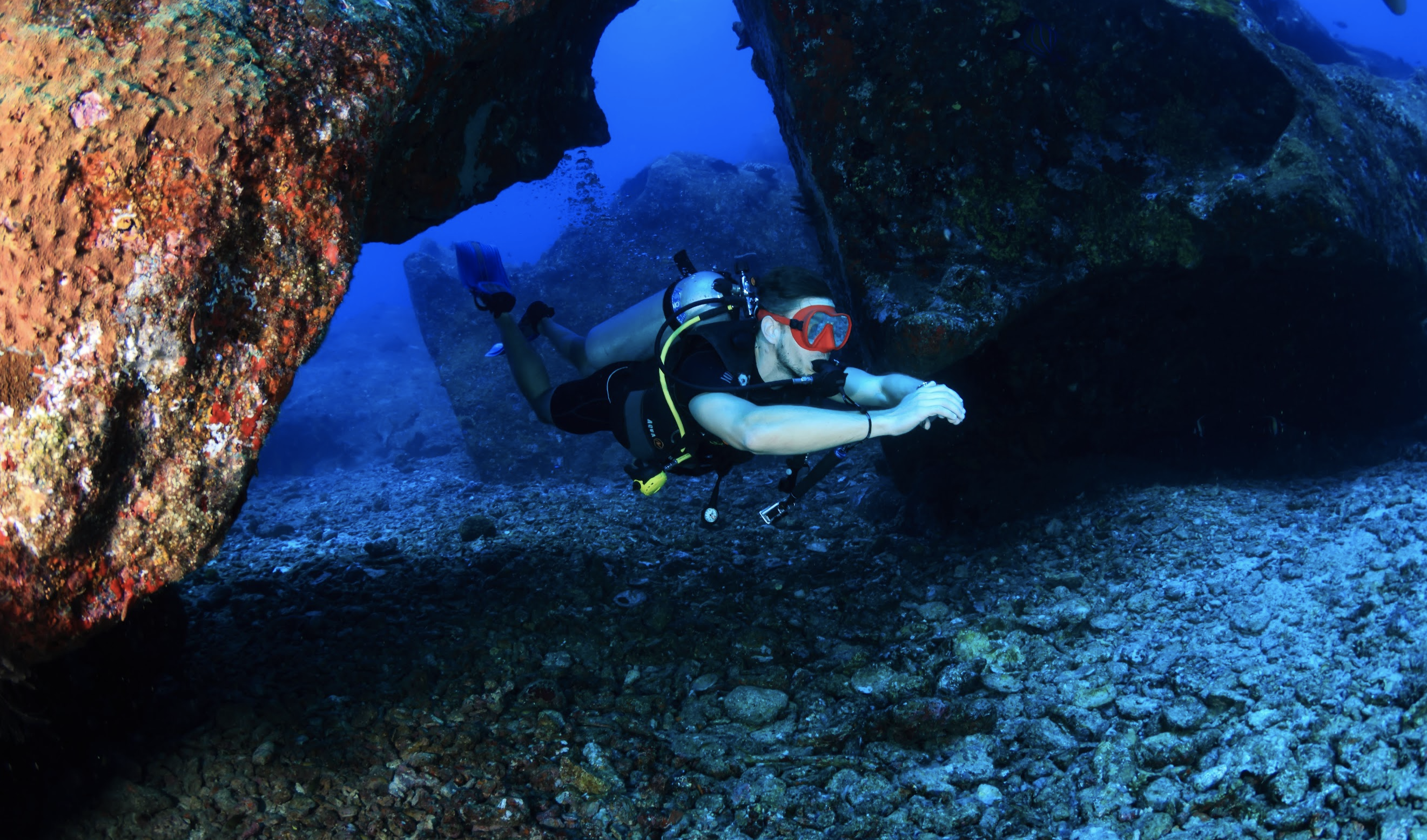
When we ask about his favorite location, he finds it difficult to choose: “It is like asking “what is your favorite food?”. My answer is usually “I want to discover everything!” However, there is one location that stands out the most. That was Wolf Rock on the east coast of Australia. This was my first experience with sharks. I was impressed, at the very least, to see more than ten 6-foot sharks in front of and around me in a single image. This is where I learned that the Hollywood Jaws image is hugely wrong. Sharks are no killing machines!”
Unfortunately, he also learned what is going less well with our oceans: “On the one hand, you have the problem of overfishing and shark finning, two things that cause the ecosystem of our oceans to go out of balance. On the other hand, there is the plastic problem.” Shark finning sounds like a specific problem. Something that harms one species. But nothing could be further from the truth and this has a much greater influence, Jannik emphasizes: “Sharks are the predators of the ocean, take the predators away and you get an oversupply of certain animal species, which destroys the entire balance. You also see this upland, the impact of predators that help regulate the ecosystem. One of the problems, introduced in part by the media, is that few people care about sharks. They remain killing machines for most.” He would therefore like to emphasize the importance of informing predators. “Few people know this, but our oceans are responsible for 70% of our oxygen, produced by algae and plankton. They are the real lungs of our planet. If you kill this ecosystem, it's a big problem unless we learn to live without oxygen."
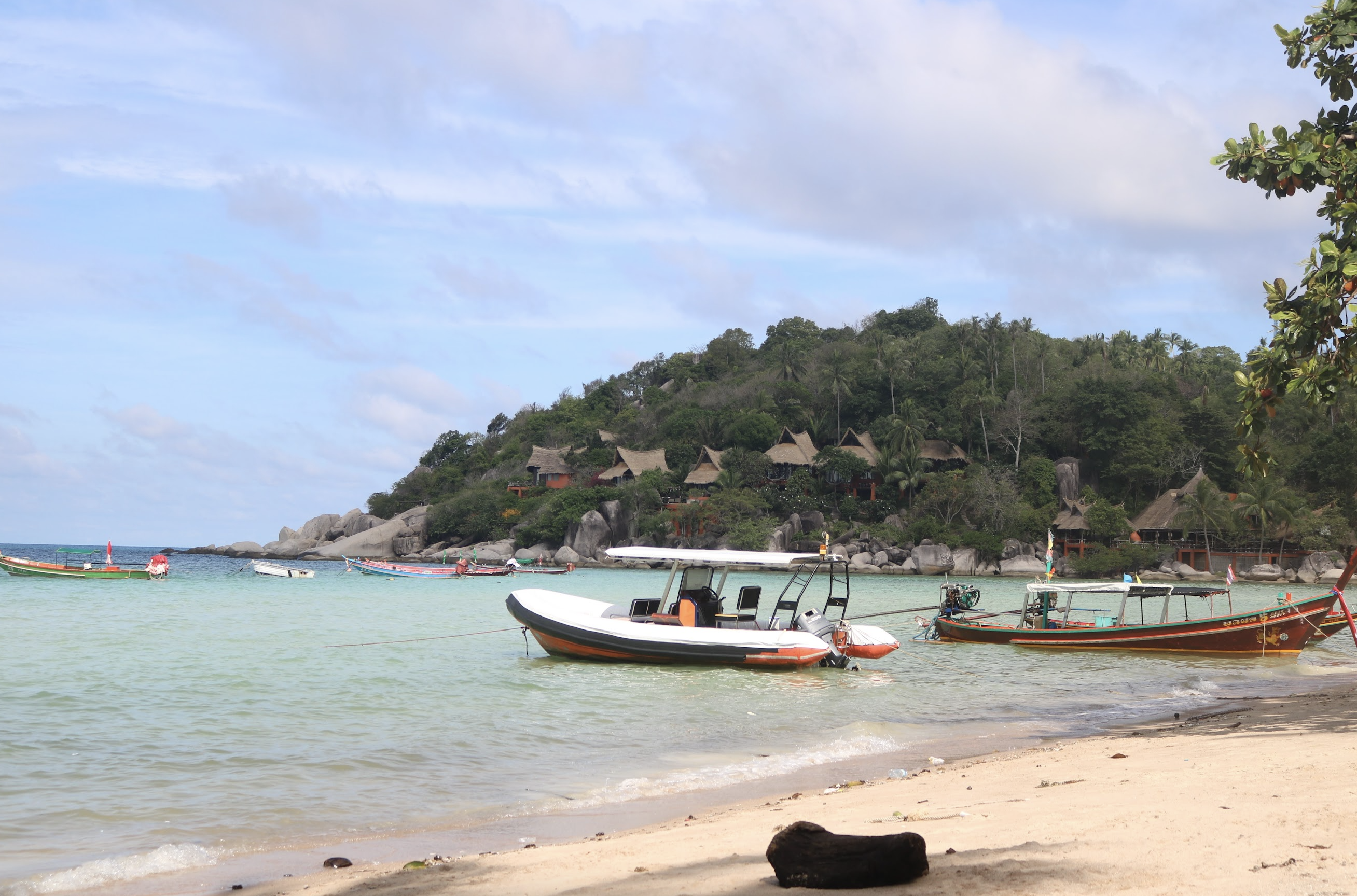
And then of course you also have the better-known problem: all of our plastic. Jannik tells us that plastic ends up in the oceans via the rivers. A consequence of this is called The Great Pacific Garbage Patch, an accumulation of plastic no less than three times larger than France! “Organizations like The Ocean Cleanup have formed to tackle this specific problem, both through systems to clean up the GPG patch and systems to clean up the rivers so that the plastic is cleaned up before it ends up in the ocean. Apart from the disastrous impact this has on animal life (you can find enough not-so-pleasant images about this), it also comes back to us in the form of microplastics, causing us to consume it without realizing it.”
When we ask how he tries to help with this problem, Jannik remains critical of himself. “Not enough is the first thing that comes to mind... I find it difficult to address these topics while I travel so much myself which has its own impact. But I do what I can, and I think everyone should decide for themselves what they can do. Due to the problem of overfishing our oceans, I decided last year to stop eating fish. Shame as I really like sushi. However, I am convinced that there is no such thing as “sustainable fish” (a topic in its own right) and I choose to abstain from this. In connection with the problem of plastic, I try to avoid plastic whenever I can. For example, you can easily avoid straws, even if this is only peanuts compared to the real problem. But it is mainly the mindset that triggers the straws. In any case, people are becoming more and more aware of it. Recycle, recycle, recycle. I recycle as much as I can, to the point that I tear the plastic off my bread bag to throw it in the PMD. The question is then whether this is sufficient and whether it is really recycled, which is why avoiding it is simply the best solution.
Furthermore, according to Jannik, we should especially inform ourselves: "I can recommend everyone to watch Sea Spiracy on Netflix, as a result of this documentary I was convinced that I will no longer eat fish." You should also definitely visit interesting organizations such as Sea Shepherd (a non-profit that protects life in the oceans) and The Ocean Cleanup (a Dutch organization that wants to clean up our oceans).
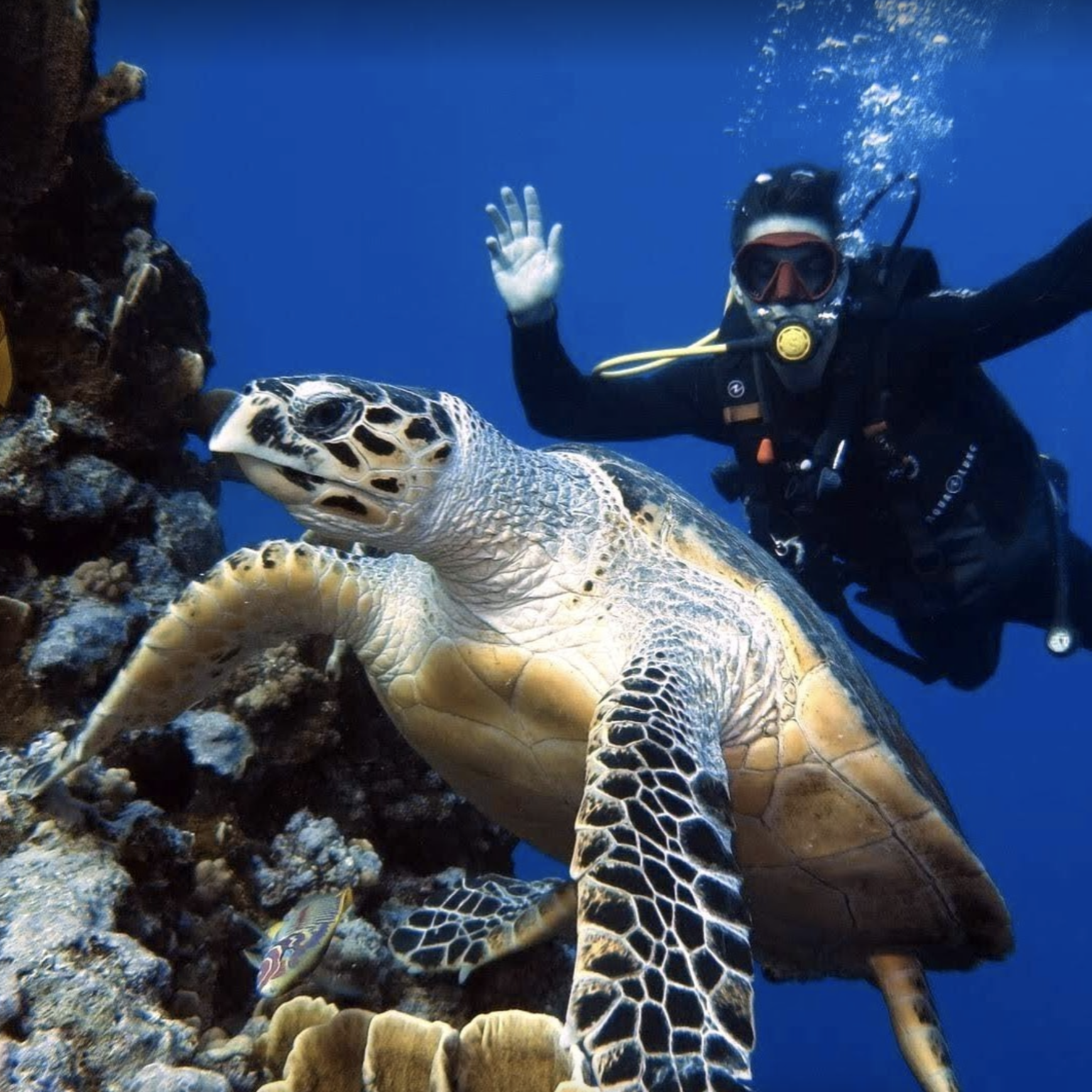
You can find Jannik in Indonesia this November, where he will also complete his 100th dive during his seven-day diving trip. In addition, there are many other plans on his agenda: “I still want to do so many things! Snorkel with Orcas in the Lofoten Islands, dive in Mozambique in the hope of encountering several great white sharks in their wild setting. But I also want to go to Antarctica at some point in my life.”
Thank you for sharing your story with us and have fun diving in Indonesia!
